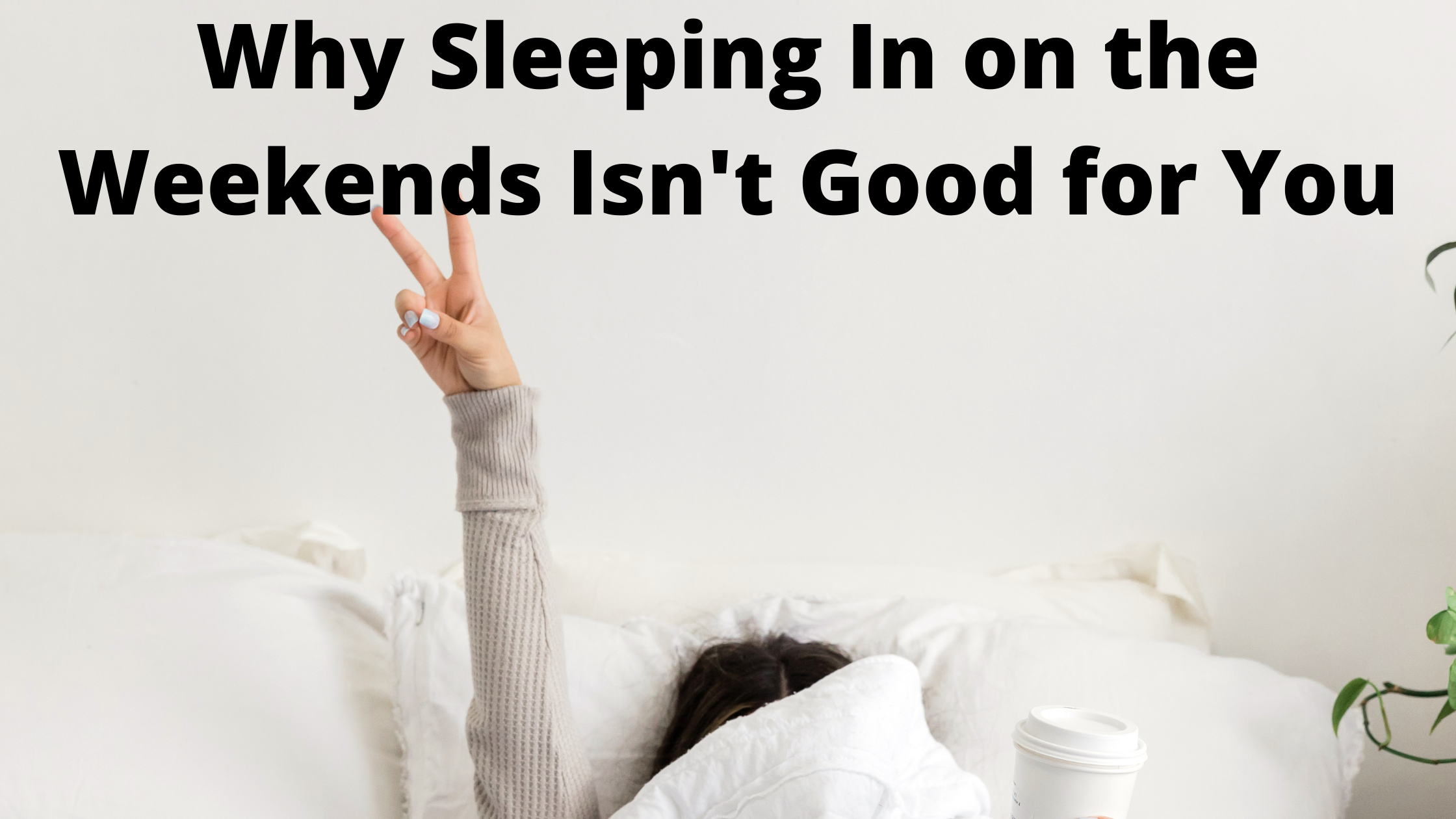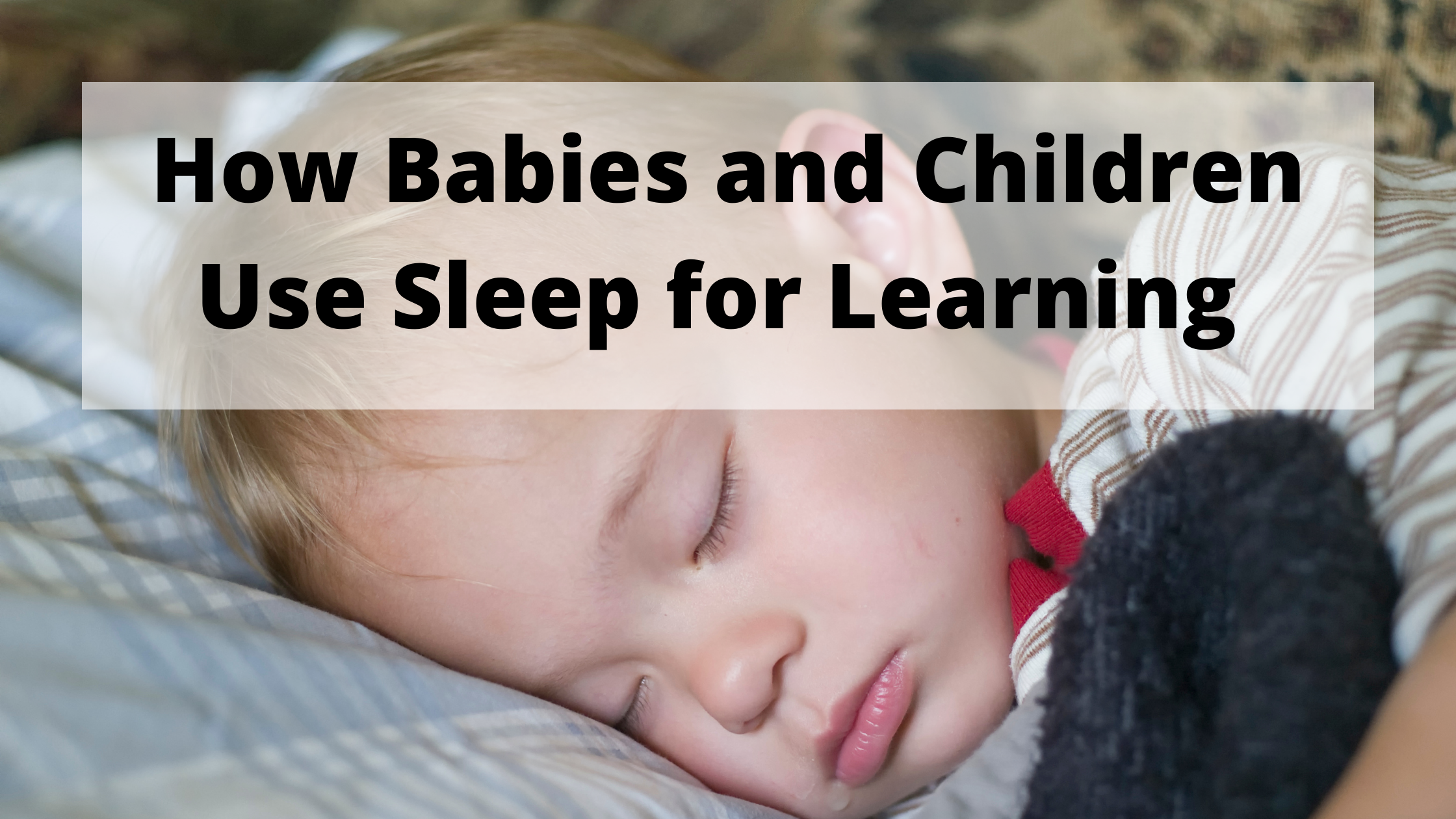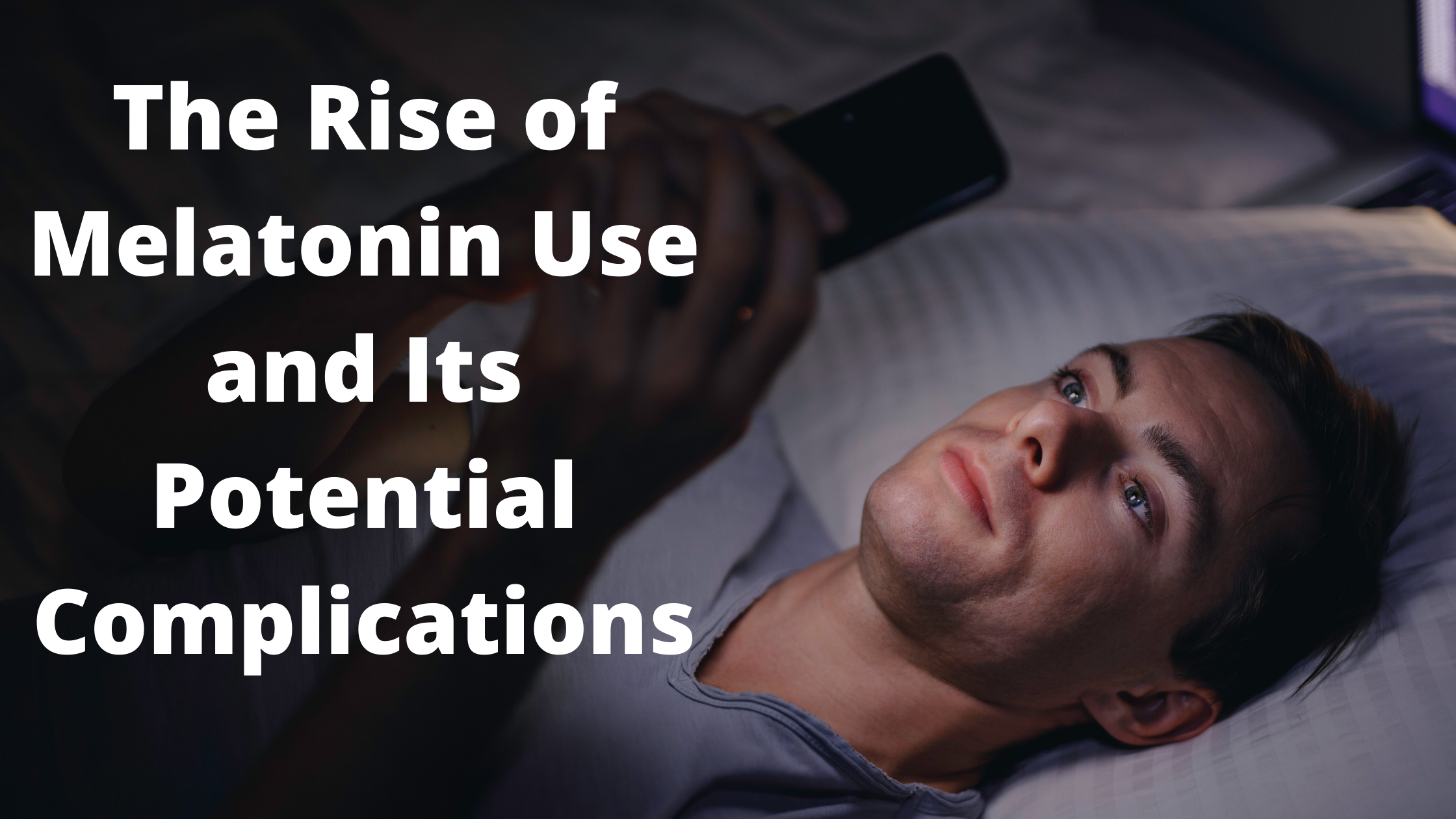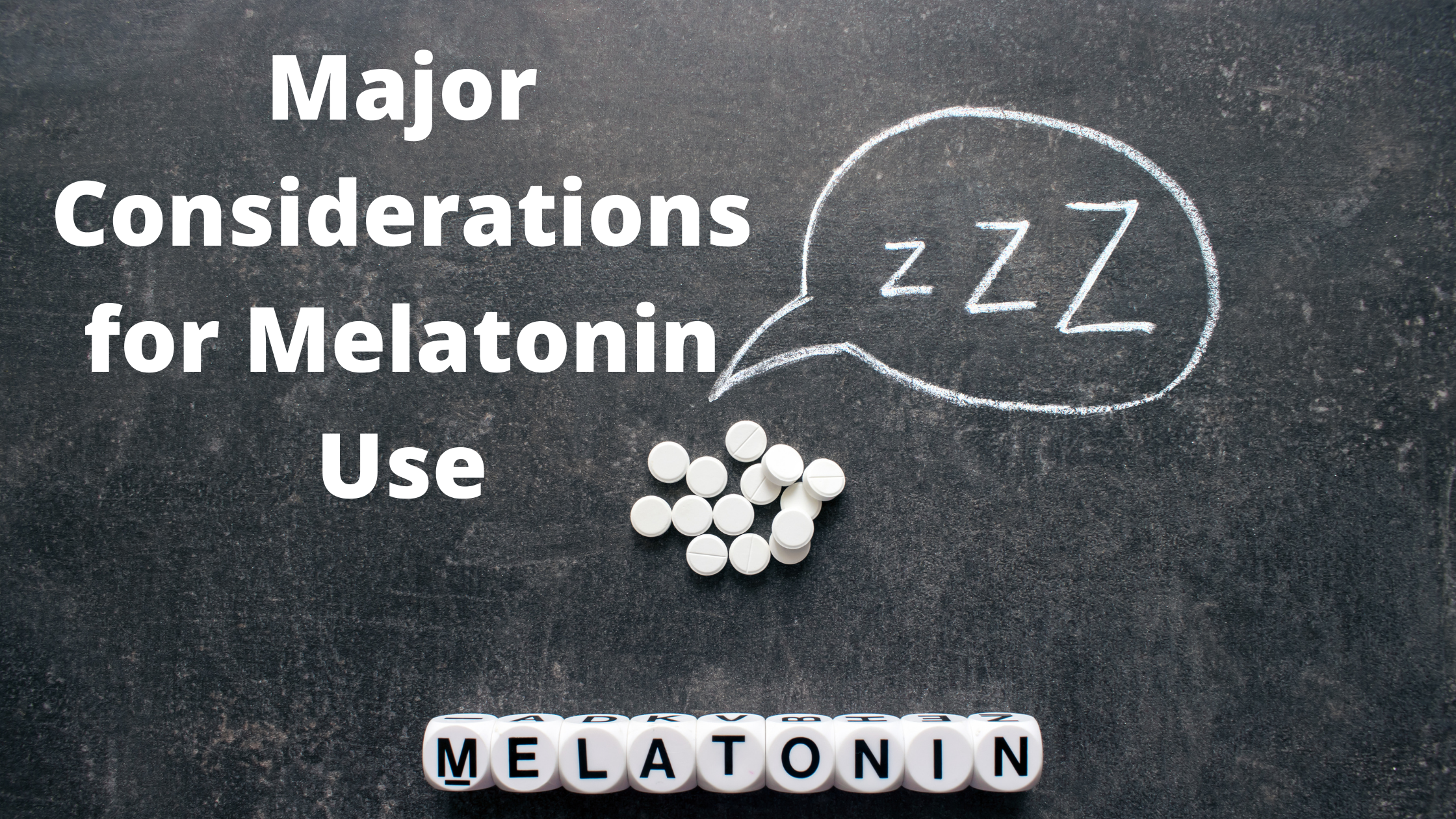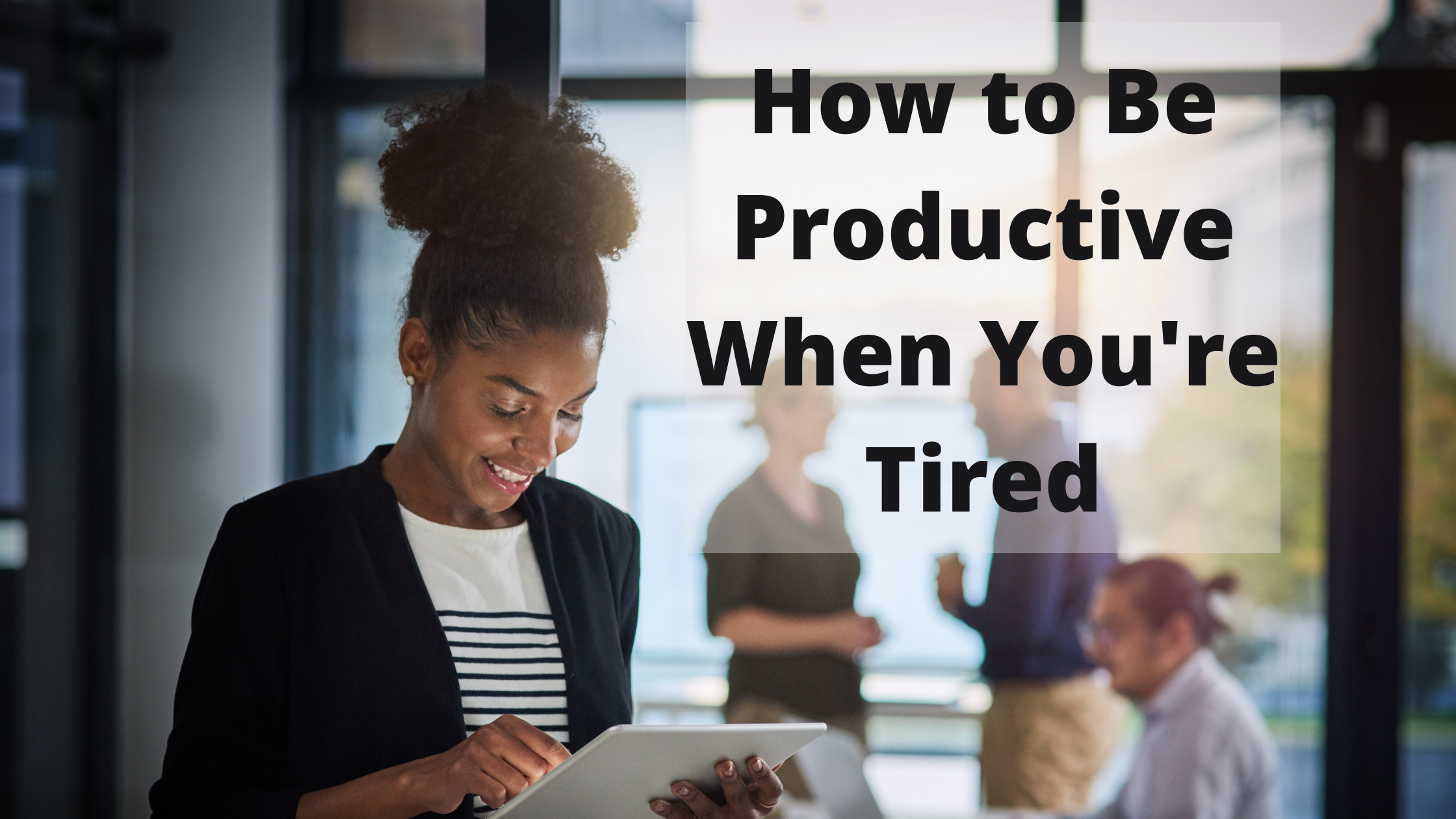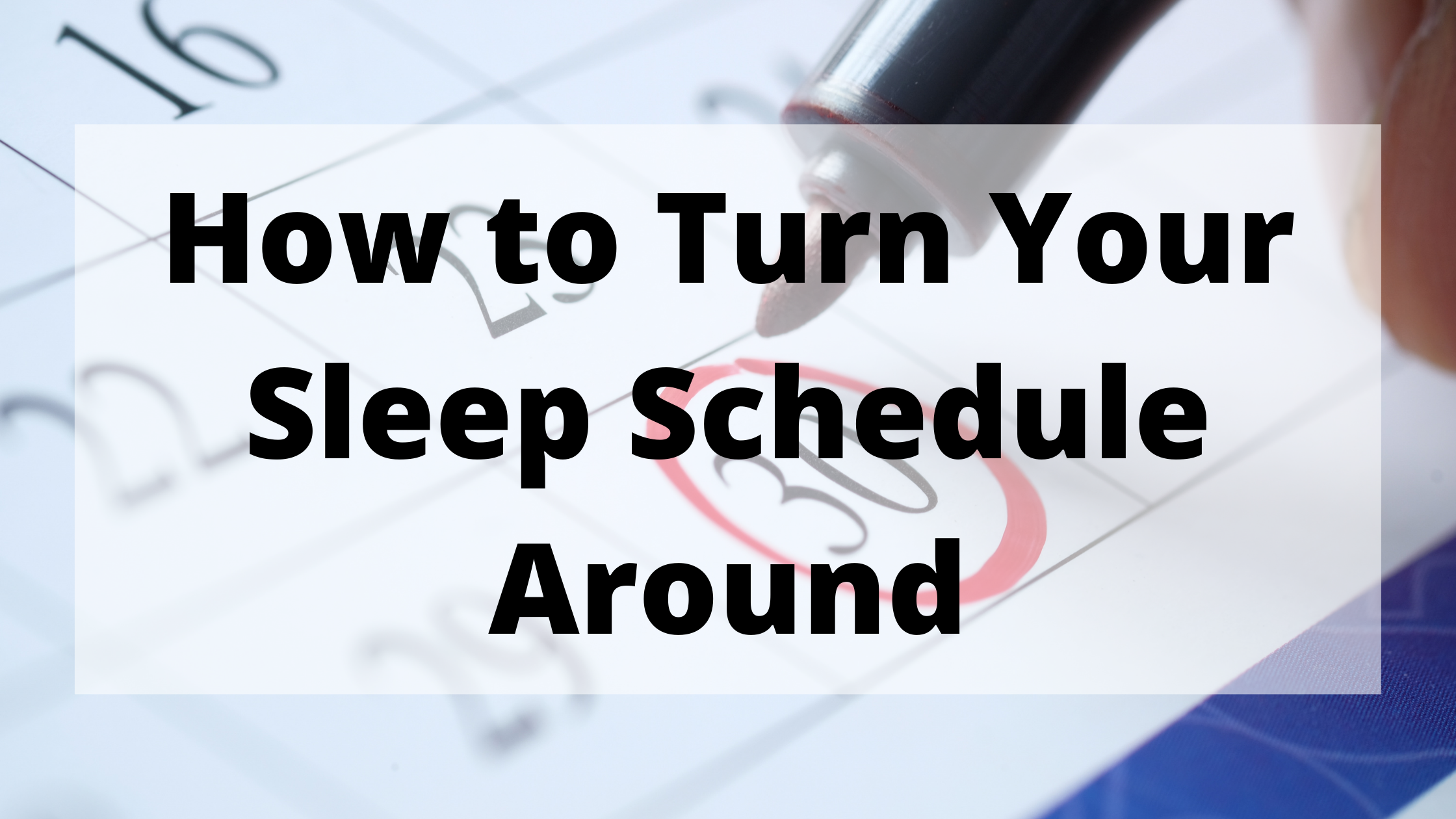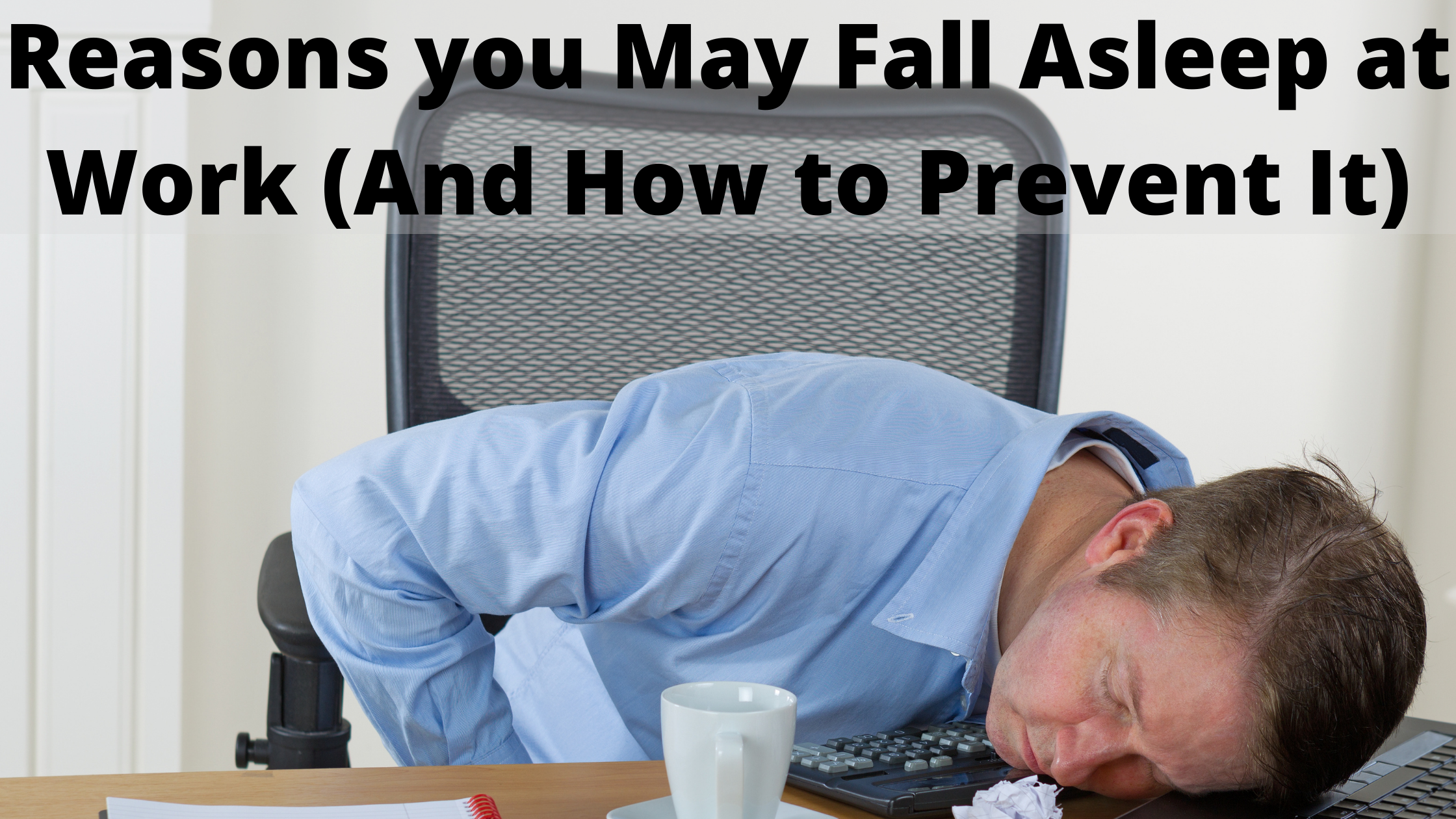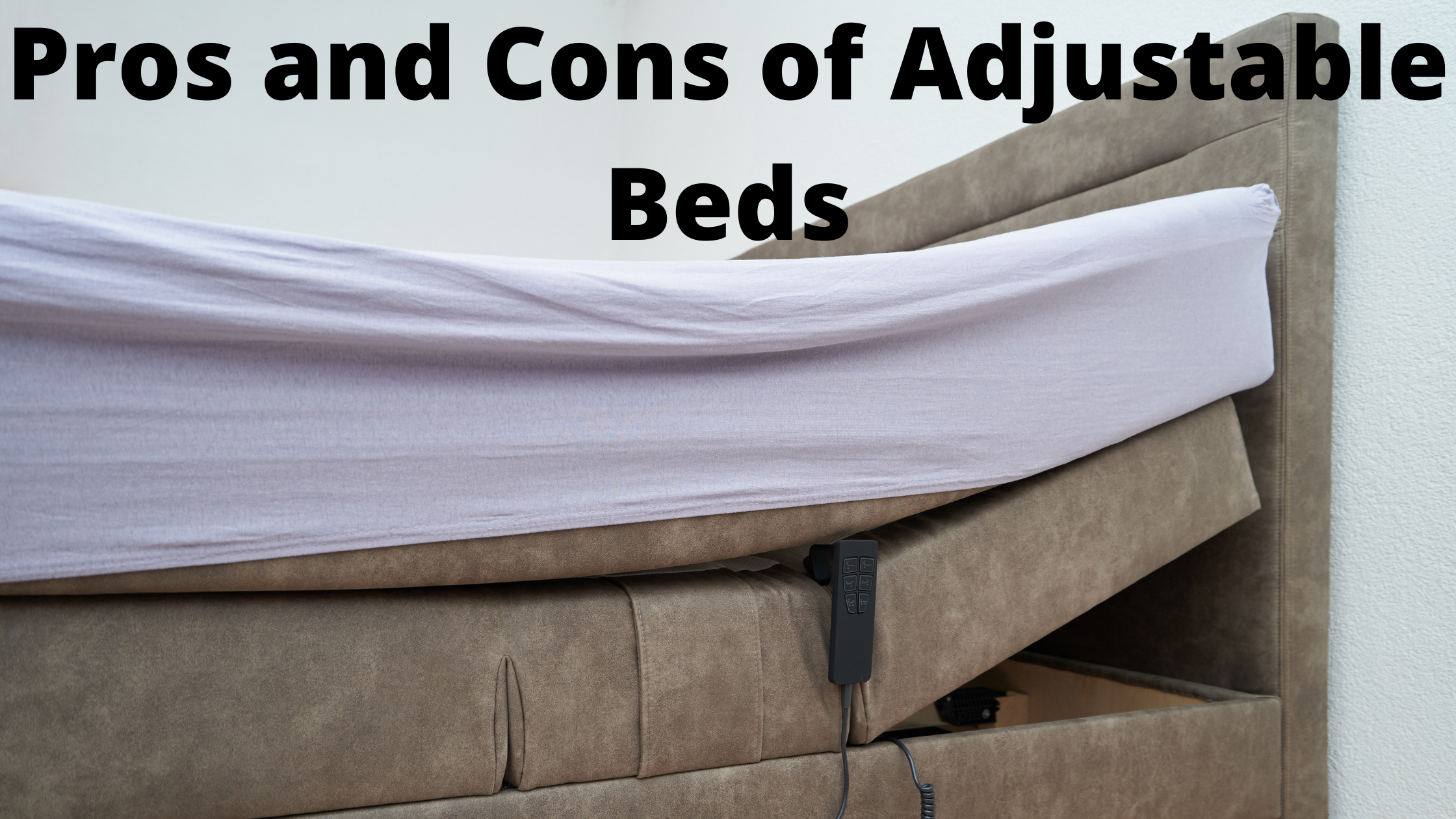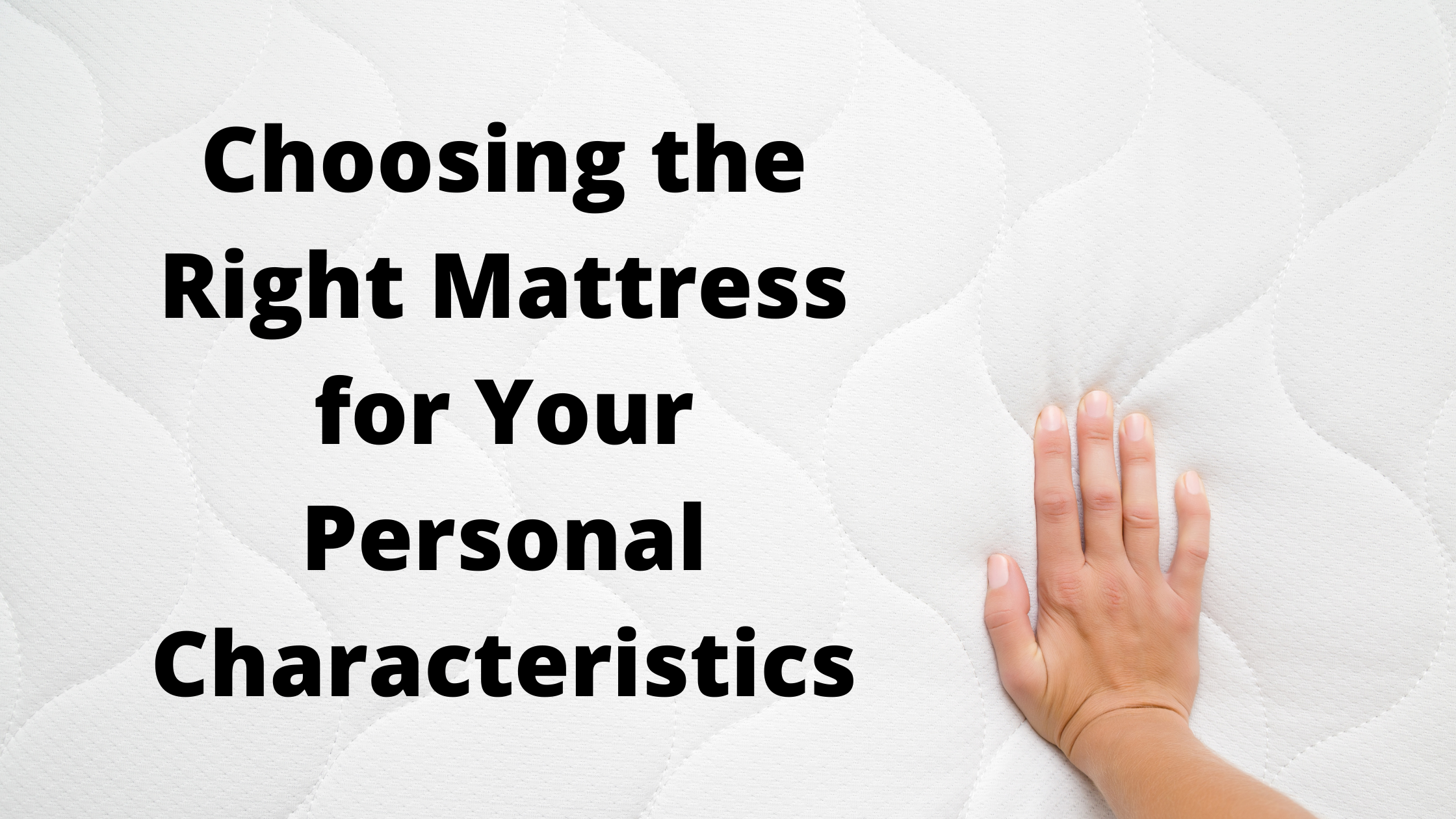Nothing feels better than waking up on a Saturday morning to no alarm, at your own leisure. It's nice to just be able to go with the flow instead of being obligated to get somewhere at a certain time. However, sleeping in on the weekends may actually be detrimental to your sleep health. Continue reading to learn why keeping a consistent sleep schedule is best for your overall health.
Why sleeping in on the weekends isn't good for you
Naps are not just for soothing cranky kids or giving parents a break. In fact, they may be most important for learning in infancy and early childhood. Recent studies suggest that napping offers major benefits for infants and young children. In this article, we’re going to look at how babies and kids use sleep to learn, and how that might shape your children’s schedules until they eventually grow out of napping.
When trying to get good sleep, one of the best things that you can do is make sure that your environment is conducive to a good night's rest. Your environment should be cool, dark, and very quiet. In addition to those qualities, your room should be full of colors that encourage sleep, such as blues, greens, and other softer hues. However, you can also make sure that how your room smells helps you get good sleep as well. Essential oils can be very helpful when trying to create a sleeping environment conducive to deep rest. This article will review the best essential oils for sleep.
The pandemic has come with its fair share of troubles, and sleep has been no exception. People all over the world have been struggling to get a good sleep pattern due to a variety of reasons. Schedules are simply not the same, and with the blending of home and work environments, it can be difficult to relax enough in your sleeping environment to get solid rest. This has led to a rise in the use of melatonin. However, melatonin is not the cure-all supplement for sleep that it seems. Here we will discuss the rise of melatonin and its potential complications.
Melatonin is a natural hormone that is produced by the body at night. It is controlled by the amount of light that is allowed into the eye. It helps the body wind down and get ready for bed. Sometimes, when the body does not produce enough melatonin, there are exogenous options, or melatonin pills, that can help those who are having trouble falling asleep. However, those supplements come with some potential problems, of which you need to be aware. Continue reading to find out some things about melatonin that should give you pause before depending heavily on that supplement for good sleep.
The midday slump is the antithesis of getting things done during the day. It can happen mid-morning to mid-afternoon as you're counting down the hours to be done with your day. Maybe you are a student and trying to stay awake in class. Or, perhaps you're in meetings all day and finding it hard to stay awake. Here are some tips to stay productive and alert when you start to get tired.
Has your sleep been turned upside down? Or maybe you've never gotten good sleep. Either way, it's essential to get the recommended 7-9 hours of sleep. Without it, you put yourself at risk for sleep deprivation, which leads to excessive daytime sleepiness, mood dysregulation, trouble concentrating, and memory problems. Here are some ways to turn your sleep habits around, or maybe even develop them, so you can get optimal sleep.
Reasons You May Fall Asleep at Work (And how to Prevent it)
Falling asleep at work can be frustrating and create issues with productivity, especially if you work in a place that absolutely requires your devoted attention (e.g., schools, warehouses, etc.). Sometimes it feels like this enormous weight of sleep is upon you, and there is nothing you can do but succumb to it. If it happens every now and again, then it may be behavioral. But, if it's happening all the time, that can be cause for concern. Continue reading to find out why you may be falling asleep at work and how to prevent it.
Adjustable beds can be fantastic and offer a lot of great features, especially for those who share a bed with a partner. Knowing the right type of adjustable base bed frames offers you more freedom when it comes to choosing your sleeping position. They are definitely on the rise, and if these beds are attractive to you, then there are some pros and cons to think about before investing.
Choosing the Right Mattress for Your Personal Characteristics
Comfort is a huge part of getting good quality sleep. If you are uncomfortable, then chances are you spend more time tossing and turning than actually getting quality sleep. Adults are recommended to get 7-9 hours of sleep in order to properly function. Part of ensuring that you're getting that time is making sure when you're in bed, you're getting great sleep. Part of that is finding either the right mattress or right mattress topper. Continue reading to find out how to choose the best bed for you!

